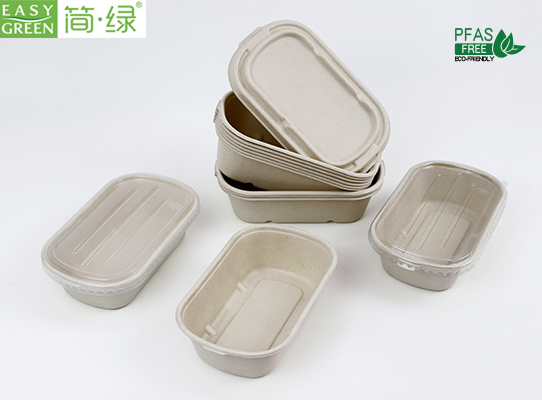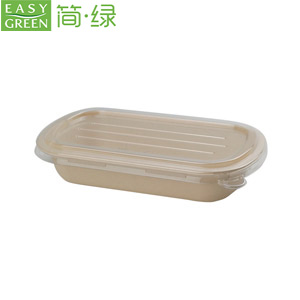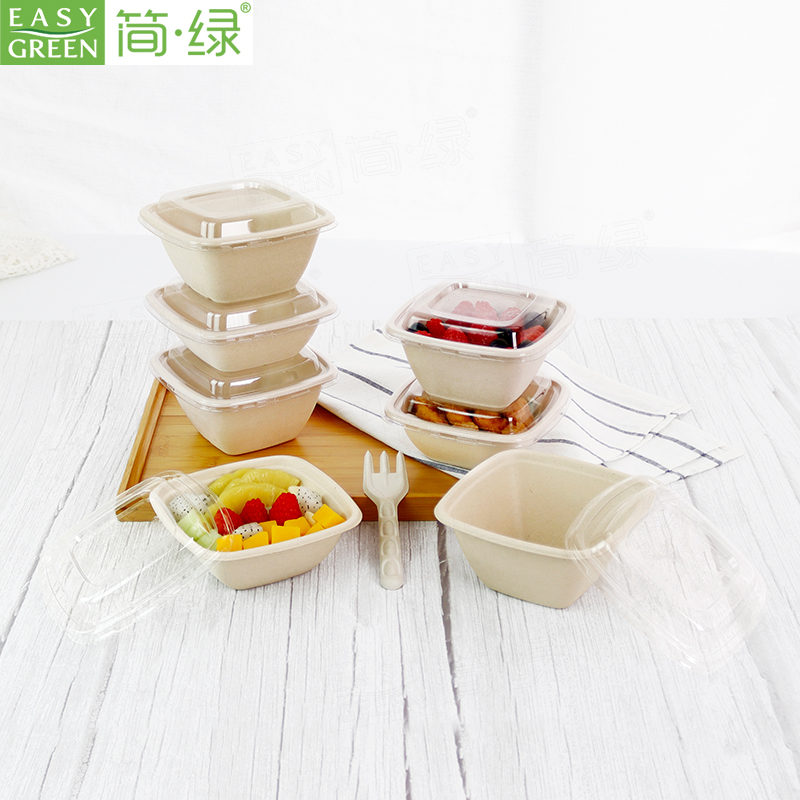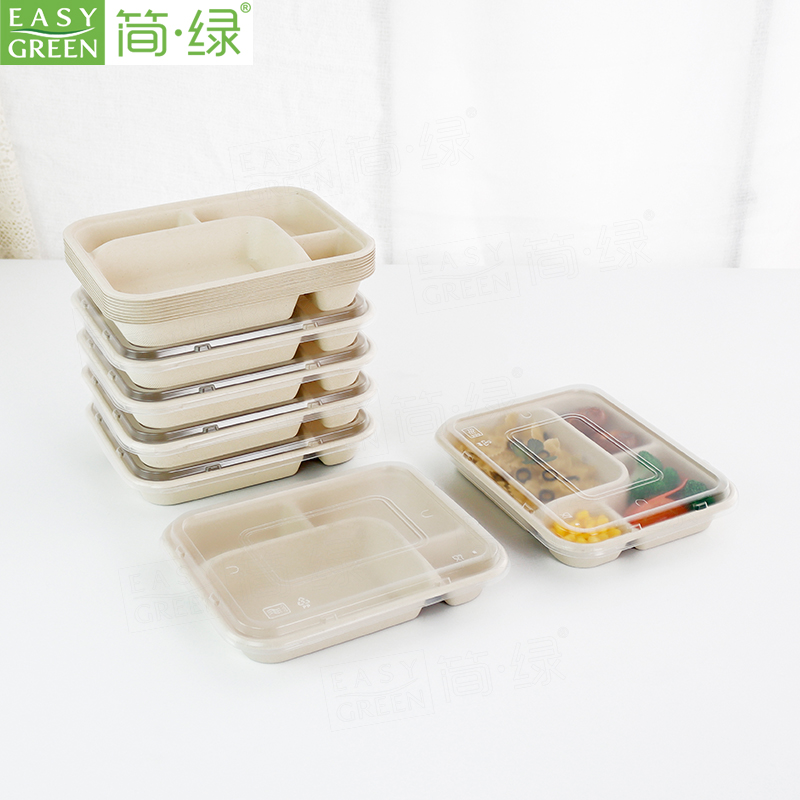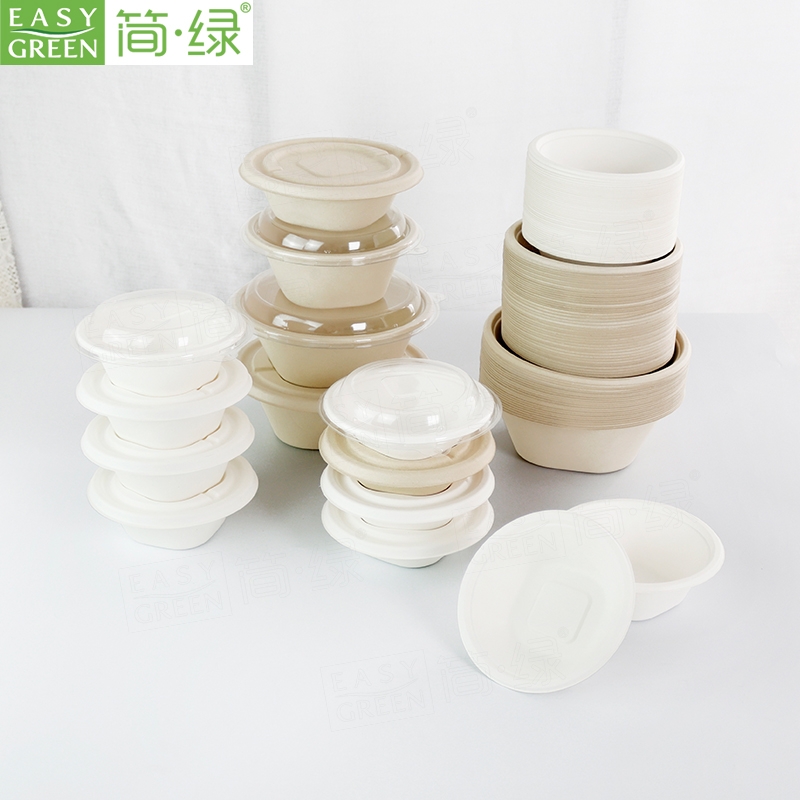"Sustainable packaging is becoming more and more important. Consumers want to buy sustainably packaged products and younger consumers are the driving force behind this trend and are willing to pay more for brands that align with their values." American local a famous beverage consumption enterprise president said. Given the importance of packaging to the consumer experience, consumer brands pay great attention to choosing the right packaging material that meets both the needs of sustainability and the practical and economic needs of the business.
RPET Is Key To The Promise Of Sustainable Packaging
For more than 40 years, PET packaging has offered sustainability, value and consumer appeal and is the material of choice for many brands and retailers. Light weight, damage resistance, and recyclability are all features that enhance the consumer experience and help achieve sustainable recycling. Therefore, many manufacturers are committed to providing biodegradable coffee cups wholesale and other biodegradable products.
The use of post-consumer recycled PET (rPET) is a key part of brands' commitment to sustainable packaging in the circular economy. One of the properties of PET is that it can be recycled mechanically or chemically, making it reusable for food-grade packaging.
Coca-Cola, Pepsi, Keurig Dr Pepper (KDP) and others have all committed to increasing the use of rPET packaging in their businesses. Coca-Cola aims to make its packaging 100 percent recyclable worldwide by 2025 and use at least 50 percent of recyclable materials in its packaging by 2030. Pepsi plans to design 100 percent of its packaging to be recyclable, compostable or biodegradable while reducing 35 percent of the raw plastic in its beverage portfolio. KDP will convert 100% of its packaging to recyclable or compostable by 2025 and achieve a 20% reduction in native plastics in its plastic packaging portfolio by 2025. It shows that it is a trend to use biodegradable food packaging. As a company dedicated to environmental protection, Easy Green provides wholesale biodegradable food packaging.
Local Policies Promote The Development And Application Of RPET
National and regional policies are also promoting the development and application of rPET in sustainable packaging.
The U.S. state of California has passed the nation's first legislation on recycling plastic bottle content standards: Starting January 1, 2022, all California Refund Value plastic beverage containers in the state must use at least 15 percent recycled materials, 25 percent by 2025, and 50 percent by 2030. Similar legislation was recently passed in Washington, D.C. starting in 2023, and bottles (except for 187 milliliters of dairy and wine) will need to contain 15 percent PCR.
The UK has already introduced a plastic packaging tax of £200 per tonne for packaging that uses less than 30 percent recycled plastic.
India, the first country in Asia to adopt a national Plastics Plan, has a policy of achieving an average recycled plastic content of 25% in all plastic packaging by 2030.
It can be expected that, with policy impetus, more and more brands will commit to using PCR to achieve the sustainability of packaging.
 English
English 
